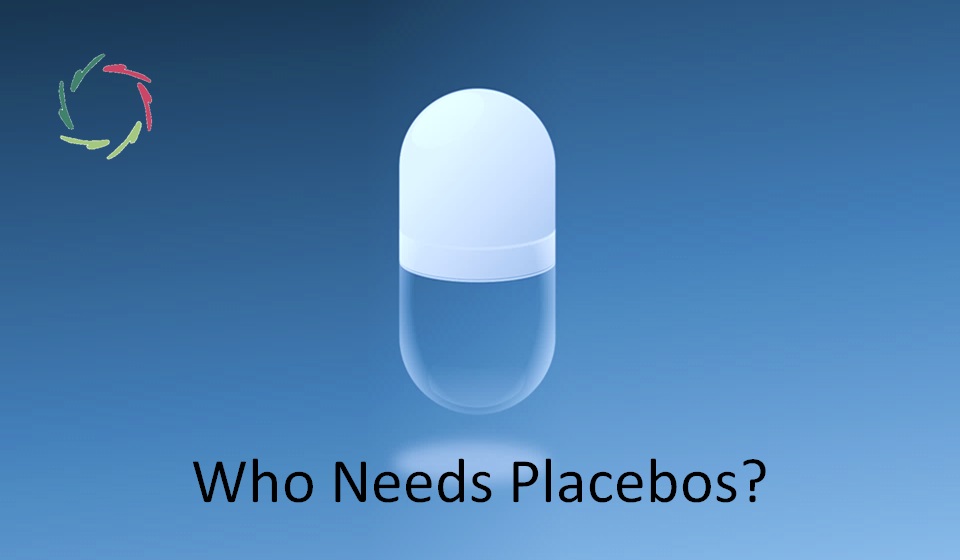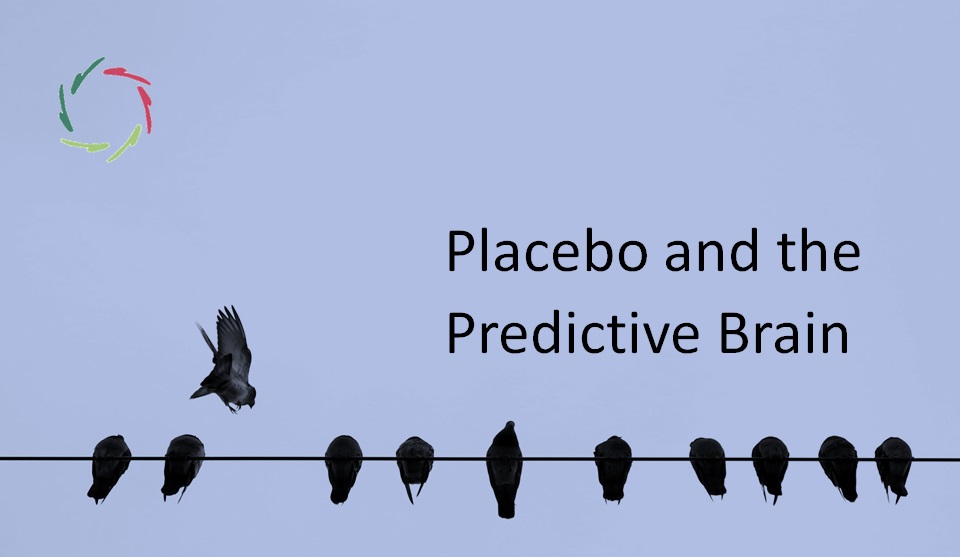Who Needs Placebos?

“If a caregiver prescribes or uses a placebo with love, he should know that the placebo is probably not needed anymore. The love is enough.”
The above is quoting myself at a congress (Montreal, 2011). I still mean it as I did back then. Love (or Compassion) may be more potent than any placebo in many cases.
Let’s keep the definition straight.
The American Society of Pain Management Nursing defines a placebo as “any sham medication or procedure designed to be void of any known therapeutic value.” (*) Thus, placebo is a lie ― by definition, if we reserve the term for that, as I did at the famous placebo congress.
In this sense, the placebo effect is not just any kind of expectation effect. The latter frequently cannot be avoided. For instance, anything a physician does can have an implicit ‘placebo effect,’ which can then – avoiding the negative connotation of deception – better be called the ‘expectation effect.’
If the expectation is explicitly induced, we are closer to the placebo, even if done with good intentions. At best, it’s a ‘white lie.’ At worst, it’s a lie that is not deontologically acceptable since it’s irreconcilable with the (more and more juridically pertinent) rule of informed consent: a doctor must speak the truth to his patients except if this would have inhumane consequences.
Make love, not placebo?
In a professional sense, yes. Let’s talk about Compassion (as ‘empathy beyond’) rather than love. Of course, we need to make a strict distinction here between placebo and empathy.
A caregiver who treats his clients/patients with much Compassion may need to prescribe significantly less placebo. This is another reason why to use the placebo as little as possible. In a placebo-less setting, the urge to be Compassionate may be more at the forefront since it’s all there is in the toolkit.
This way also, in a broader perspective, the ubiquitous use of placebo may have kept medical practice as well as science away from delving head-on into empathy. This is detrimental to clients/patients and society in the long term. It’s a case of outer strength replacing Inner Strength.
There is a long path to travel in the universe of empathy/Compassion. Relatively little has been accomplished until now. That’s why I envision a congress about empathy in the healthcare domain, bringing together international experts and making a significant step in research and deployment.
Then, who needs placebos?
This should be at the choice of the cared-for as part of informed consent. Of course, the placebo doesn’t work in openness ― as I have proven in a recently submitted article.
I’m tenacious, am I not?
Meanwhile, the lie is non-science, and placebo-as-a-lie must go.
Humanly, caregivers may – implicitly and explicitly – play with expectations. However, the necessary condition for doing so must be that they learn more about what the placebo entails. Certainly, I mean with this much more than the meagerly one hour in seven years of medical studies as is generally done ― and even so, it’s about placebo groups in medical studies to ‘prove’ the effectiveness of healthcare treatments in double-blind studies.
“We don’t need no thought control.”
Yeah, Pink Floyd comes to the rescue. Thanks. Good insight!
As to placebo-as-a-lie, one can see it as thought control, a manipulation of the thoughts of someone in dire need ― being most gullible, which is a reason why the placebo is effective in its own way. Something is active, but it’s the receiver’s mind.
The latter also shows who’s in the driver’s seat, eventually ― not the placebo itself. So, to avoid accidents on the road to better health, it’s better to be open ― not to cover the driver’s eyes with a few pills or procedures.
It’s even better to teach the driver to drive better.
Does AURELIS come to mind?
Does Lisa?
―
(*) Arnstein P, Broglio K, Wuhrman E, Kean MB. Use of placebos in pain management. Pain Manag Nurs Off J Am Soc Pain Manag Nurses. 2011 Dec;12(4):225–9.


